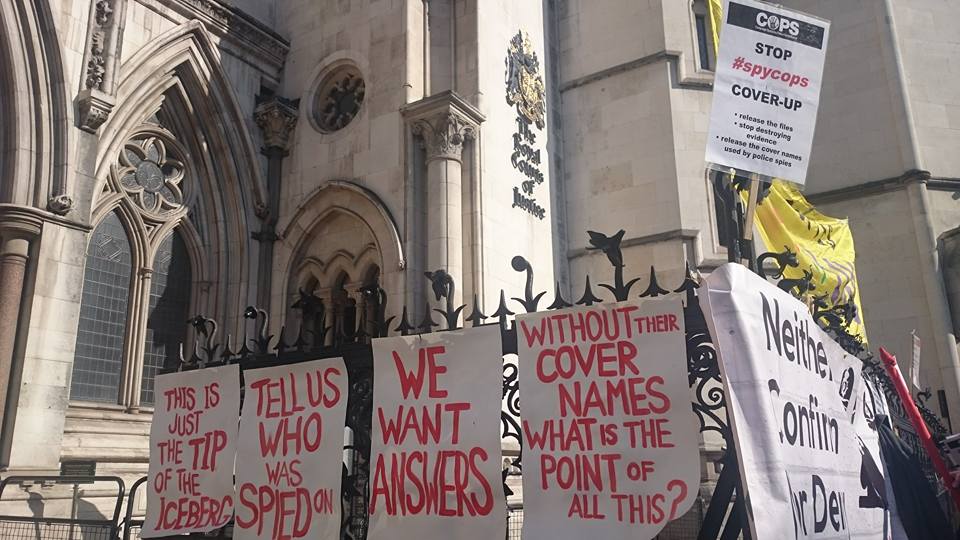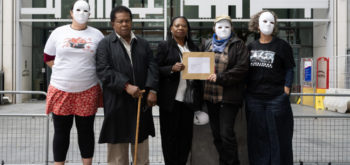The former shadow attorney general has warned of potentially ‘grave crimes and abuses of power’ if the controversial ‘spy cops’ bill passes through the House of Lords unamended.
The Covert Human Intelligence Sources (Criminal Conduct) Bill proposes to grant civil and criminal immunity for undercover agents who commit crimes in furtherance of maintaining their cover. The scope of the immunity is broad, covering all types of crimes and many categories of ‘agents’, including members of the criminal community who co-operate with police.
While acknowledging the value in clarifying this area of the law, Baroness Shami Chakrabarti described the bill has ‘one of the most dangerous that I have ever seen presented’, due to the ‘total advanced immunity’, which threatens the ethical behaviour of agents acting in ‘the heat of the moment’. Further, Baroness Chakrabarti contended that the bill risks deteriorating the foundational rule of law that ‘all of us… enjoy no such blanket immunity from the criminal law.’ Finally, the bill would encroach upon the rights of innocent civilians, who would be at greater risk of victimhood and may then struggle to access civil recompense if the undercover conduct was authorised.
Fellow Labour peer Alf Dubs together with former attorney-general Dominic Grieve and Scotland’s former advocate general Jim Wallace, warned Priti Patel that immunity should not extend to the gravest offences of murder, torture and rape (as reported in the Financial Times). ‘We have real concern that the current bill does not have express limits to rule out the worst crimes, such as murder or torture, which leaves too great a scope for abuses,’ their letter to Ms Patel reads.
Baroness Chakrabarti tabled two amendments to the bill. The first amendment would remove the blanket immunity afforded to undercover agents in relation to criminal acts. The second amendment would replace the total immunity with a qualified immunity, whereby undercover agents would have access to a ‘public interest’ defence for any crime committed in furtherance of the agents’ professional objectives. Such an amendment would largely reflect the current legal position. It would also reflect the reality that these crimes are virtually never prosecuted, Baroness Chakrabarti explained.
However, the amendment has been met with resistance from both Conservative and Labour peers. The Guardian reportsthat Labour would whip its peers to abstain, continuing Keir Starmer’s call for MPs to abstain in the House of Commons, which resulted in two resignations from the Labour frontbench and 20 Labour MPs rebelling at the second reading. Responding to this report and allegations of subordination, Baroness Chakrabarti stated, ‘Reasonable dissent, reasonably put, is not disloyalty in a great old democracy such as ours.’
The ‘spy cops’ bill has been widely criticised among human rights groups. JUSTICE, an all-party law reform group, stated that the Bill would entail Parliament approving ‘serious violations of the ECHR, and set itself apart from accepted international human rights standards.’ Amnesty International also described the bill as ‘deeply alarming’, which ‘could end up providing informers and agents with a licence to kill.’







